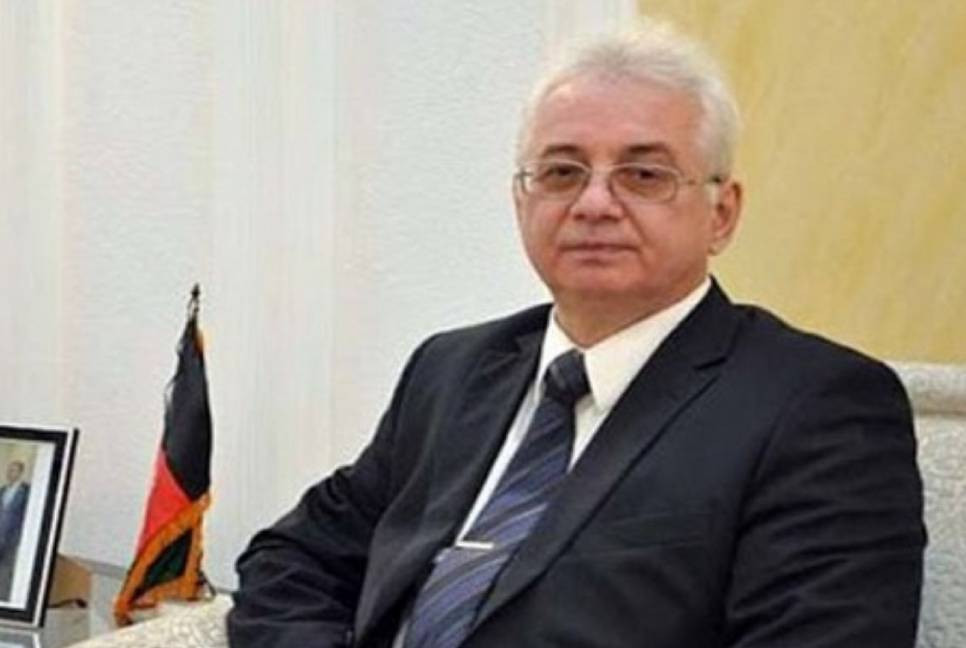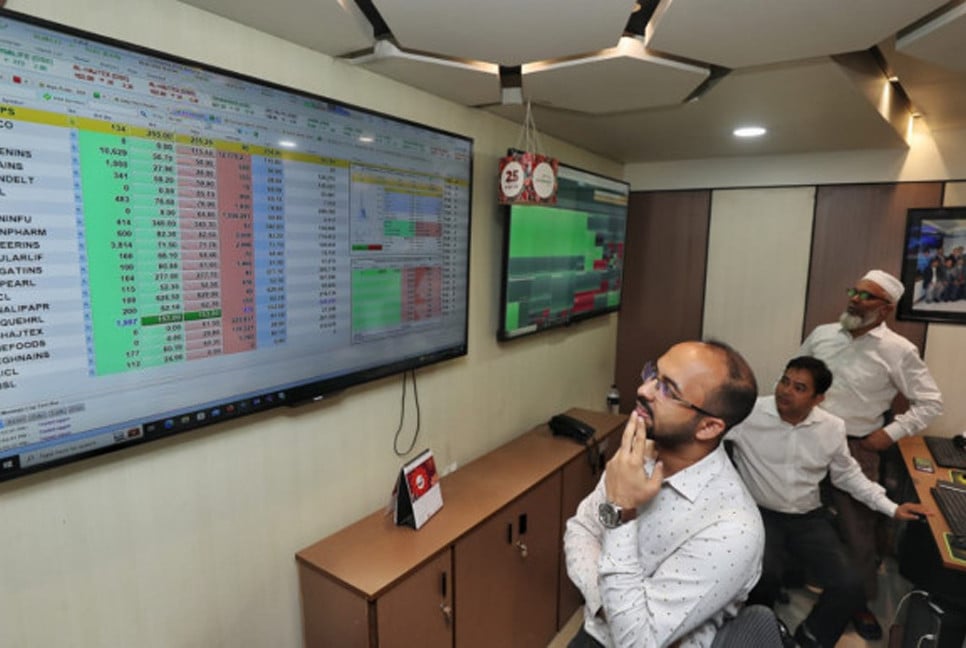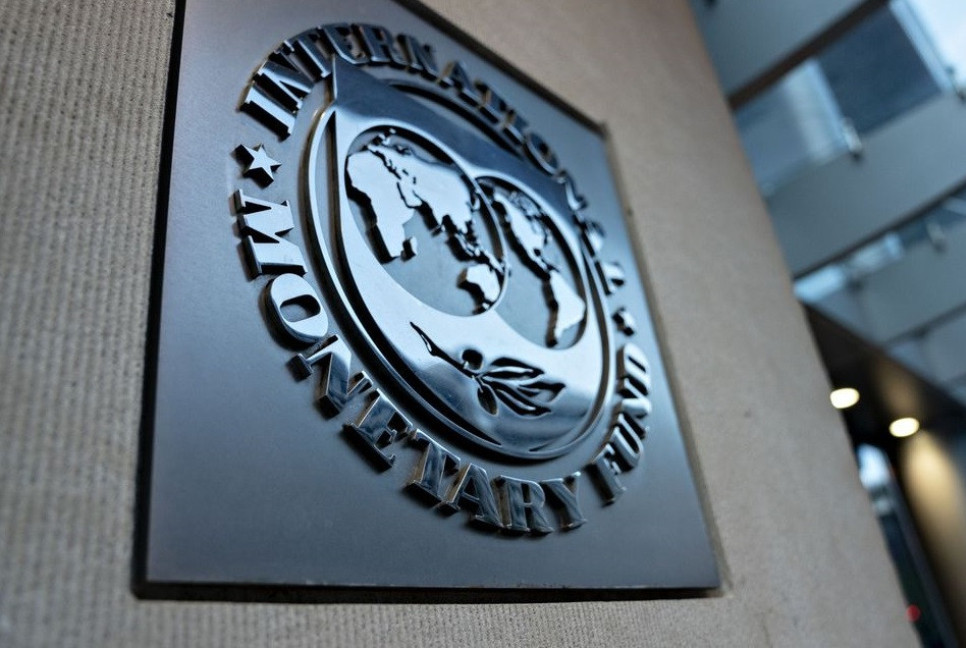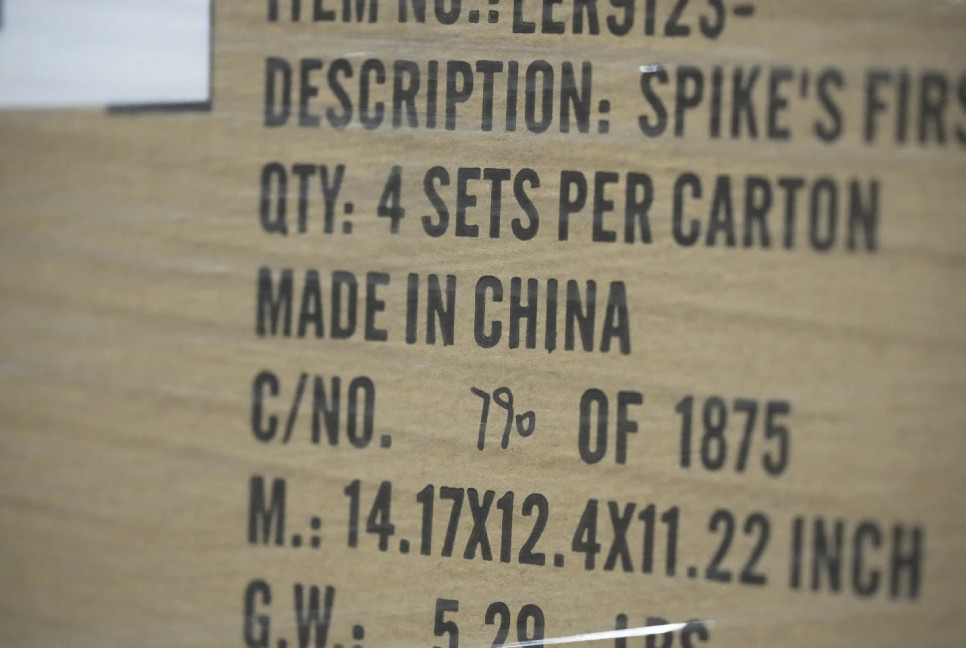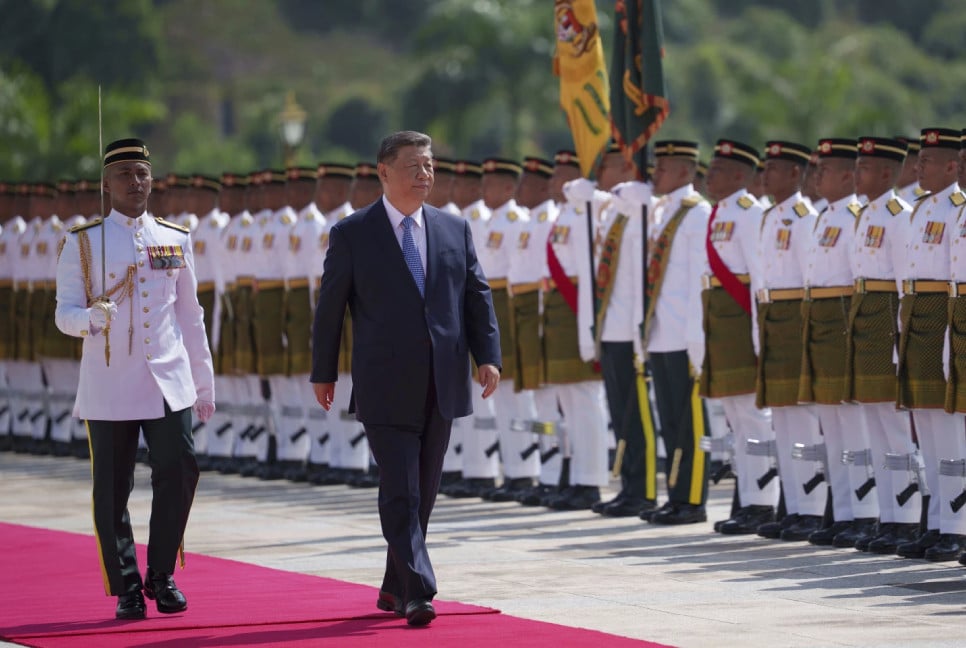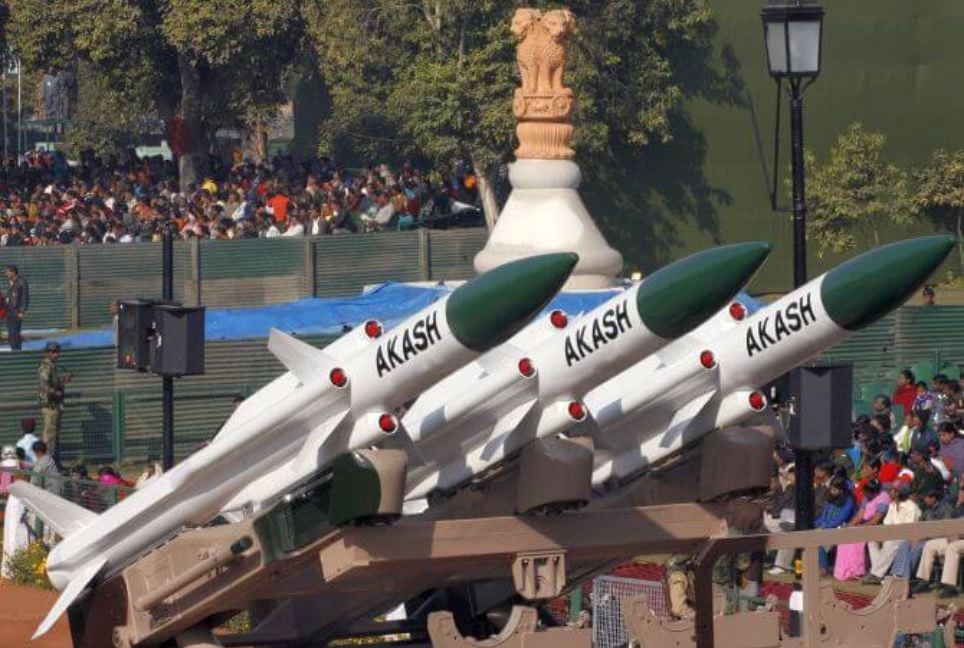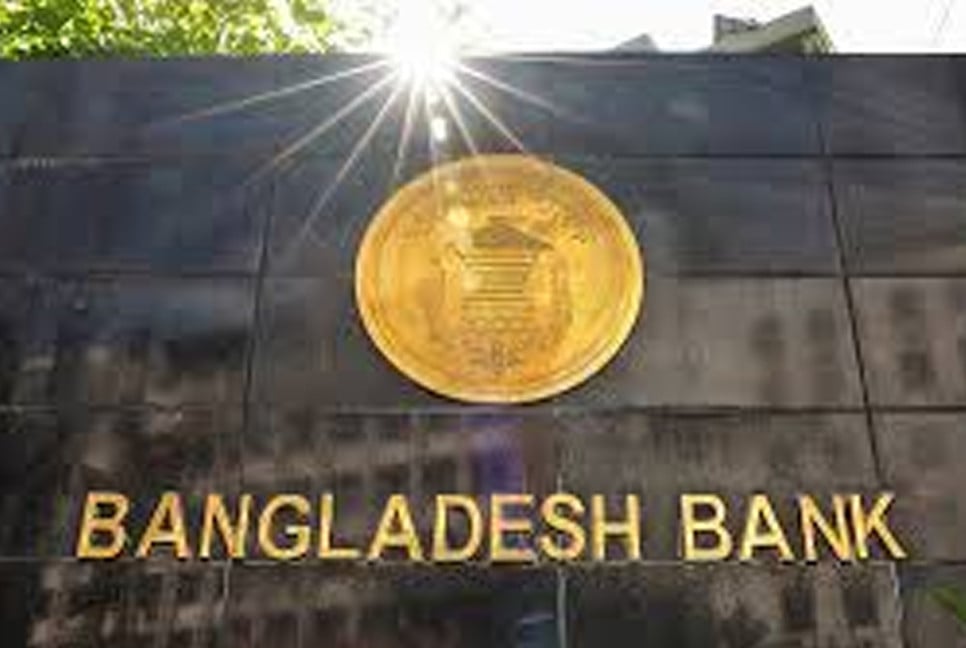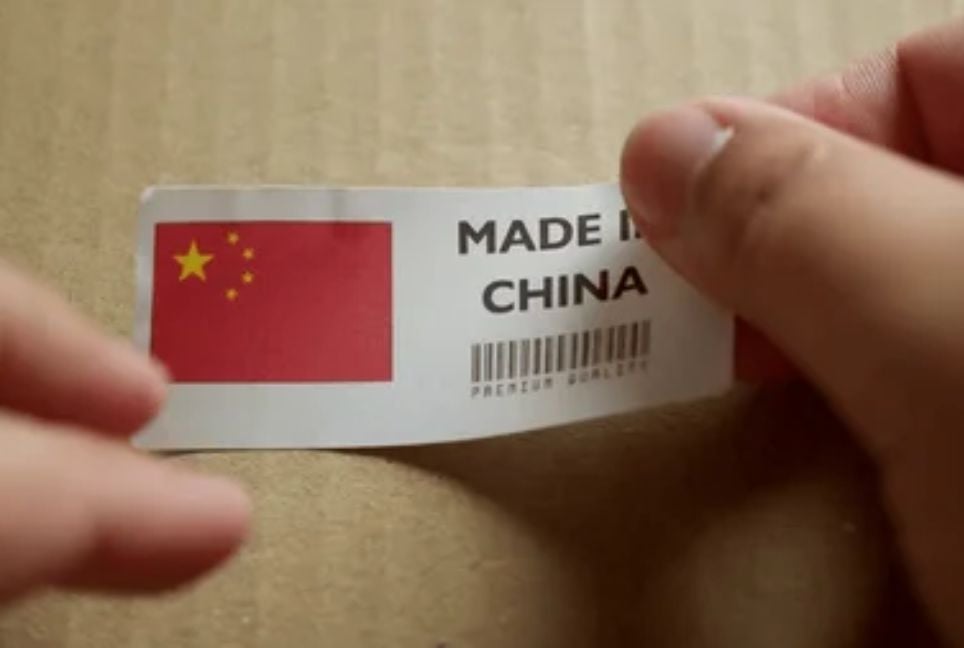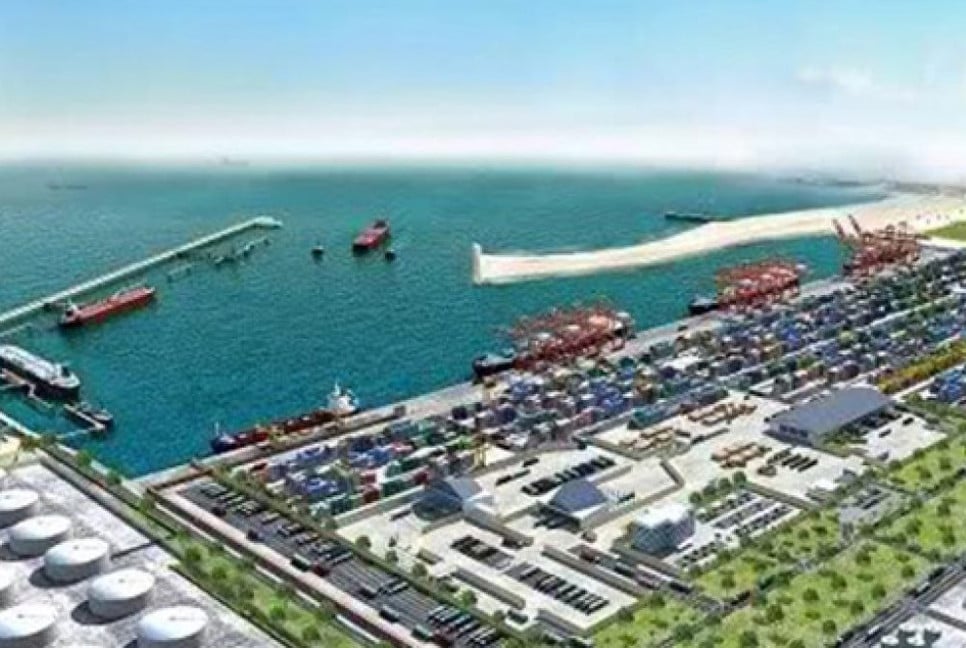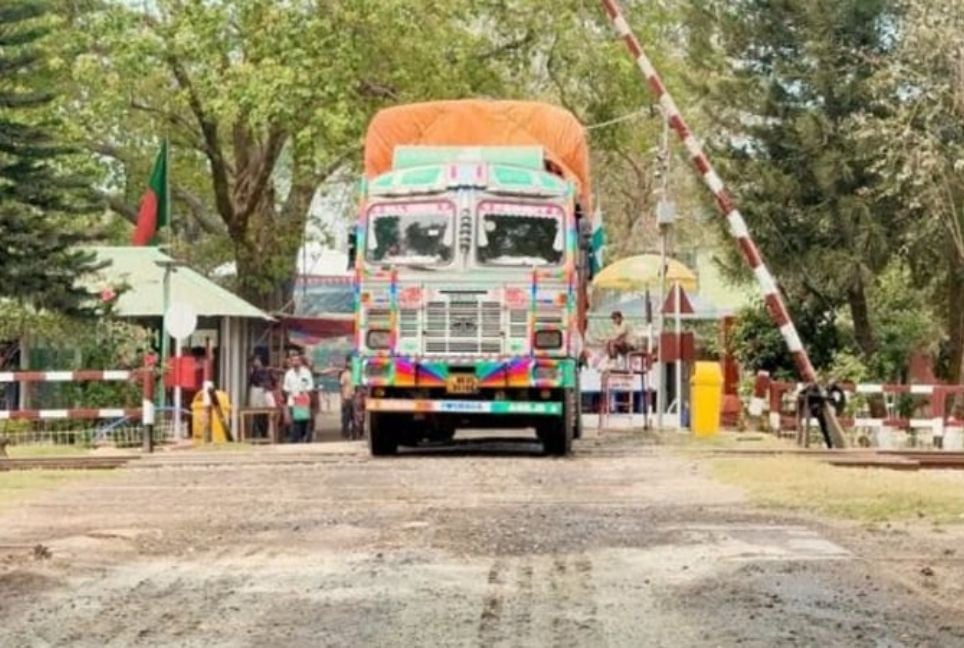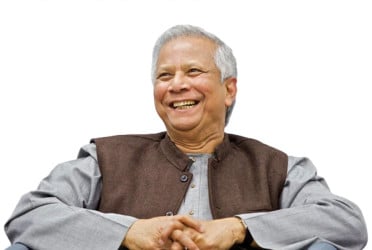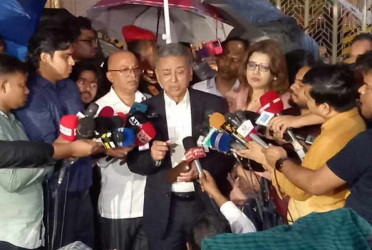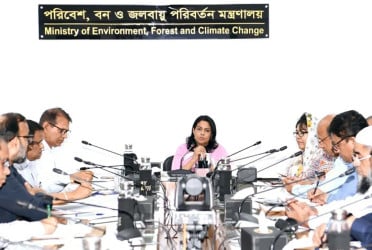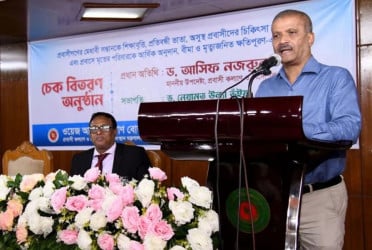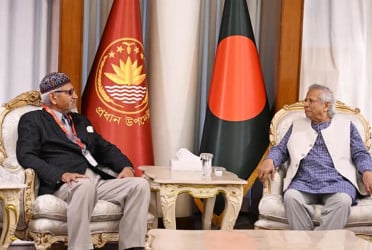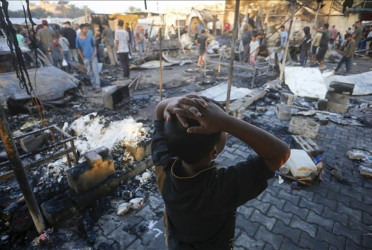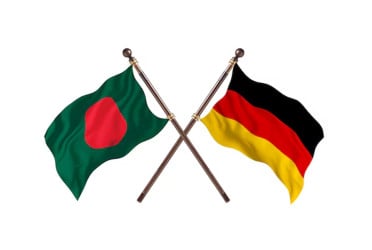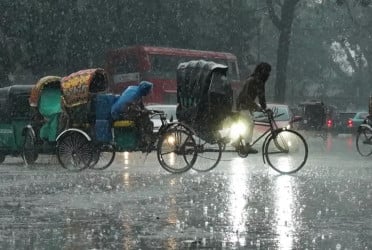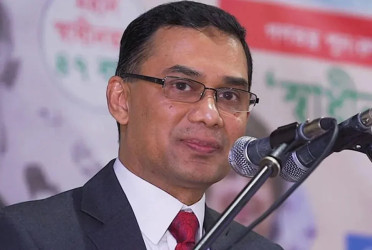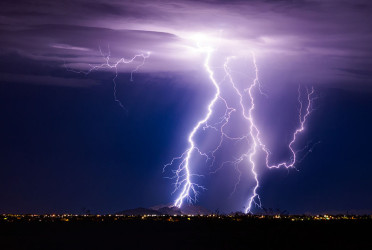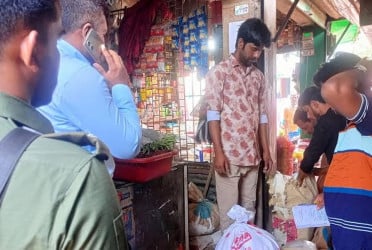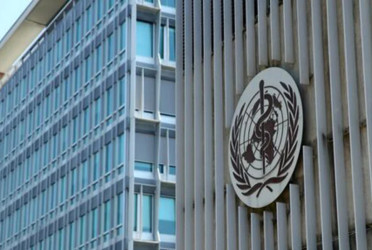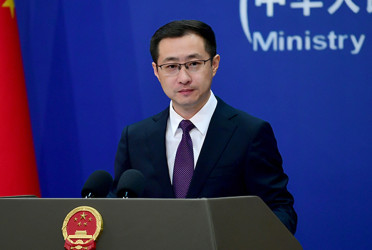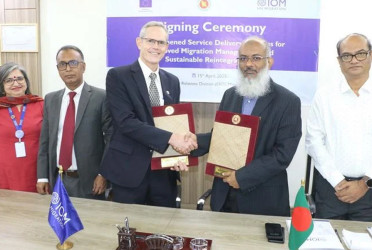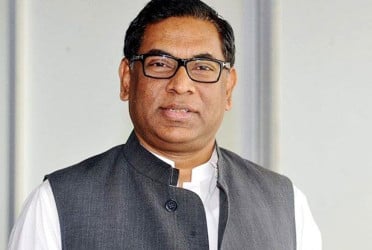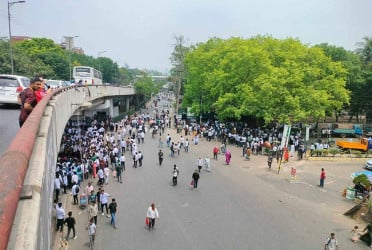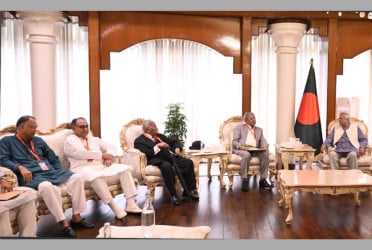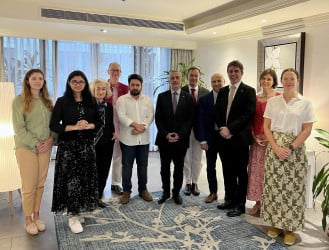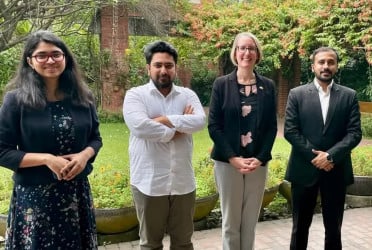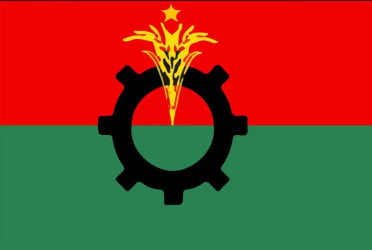Russian Ambassador to Bangladesh Alexander Mantytskiy said that Russia, with its vast agricultural lands and position as the world’s largest exporter of agricultural products, plays a crucial role in ensuring global food security.
“Its grain exports surpass those of countries like the United States, Canada, and Australia. Since the start of 2024, Russia has shipped 30.8 million tons of grain abroad, marking a 12 per cent increase from the previous year. The share of exports to the Global South is also growing, with major destinations including Egypt, Turkey, Iran, and Bangladesh,” he said.
In a statement, the Ambassador said, “Russian mineral fertilisers remain essential for food security in the world. Russia holds the fifth share in the global market of mineral fertilisers and as such contributes to greater agricultural production in foreign countries. In terms of calories, it means food security for 1.5 billion people.”
“Russian specialists have accumulated vast experience in the agro-industrial sphere. They make a meaningful contribution by ensuring access to food for vulnerable segments of the population, by implementing social protection programs, by engaging in regional integration of food and agricultural markets in accordance with WTO norms and other international and regional standards. Together with WFP, we have been implementing school feeding projects around the world for many years, allocating more than $120 million for this purpose. Together with FAO, we have been consistently providing technical assistance in soil conservation, animal and plant disease control, antimicrobial resistance, etc,” he added.
Ambassador Mantytskiy further shared that Recently, Russia has increased food supplies to 160 countries, having exported more than 100 million tons of food and 40 million tons of fertilisers.
“With the onset of the Ukrainian crisis, when the West closed their markets for Russian products, it did not undermine our exports, but, on the contrary, helped us find new long-term partners. Over the past five years, we have supplied about 380 thousand tons of food as humanitarian aid to African and Asian states. In February 2024, we completed the gratuitous transfer of 200 thousand tons of Russian wheat to six African countries. Over 110 thousand tons of fertilisers were sent to Malawi, Kenya, Zimbabwe and Nigeria.”
“Unfortunately, even more fertilisers have got blocked and delayed in European ports through malicious and irresponsible actions of our ill-wishers, although Russia decided to send these cargoes to the countries in need free of charge. We have always been and remain a responsible international partner, fulfilling all commercial and humanitarian obligations in good faith,” he added.
Ambassador Mantytskiy mentioned that the conflict in Ukraine and illegal Western sanctions against the Russian Federation have been damaging food security at the global, regional and country levels.
“South Asian states, including Bangladesh, are no exception: disruption of logistics chains in the Black Sea and increased price volatility on grain markets against the backdrop of climate change create risks of new famine hotspots. At the same time, it should be noted that Russian agrarians have been successful in restructuring logistics thanks to the willingness of foreign partners to switch to settlements in local currencies.”
“As we can see, particularly in Bangladesh, the policy of sanctions does not lead to the closure of borders. According to the Interfax news agency, in the past agricultural year (July 2023 - June 2024), Russia exported a historically record volume of 3.8 million tons of wheat to Bangladesh, which indicates that supplies of Russian grain that meet global and local quality standards have increased by 1.8 times over the year. In addition to dry peas and mustard seeds traditionally exported by Russia to Bangladesh, this year we also began supplying dry milk and lentils,” he added.
Ambassador Mantytskiy remarked that certain "vested quarters" both globally and in Bangladesh are manipulating figures and spreading allegations against Russian grain suppliers, falsely claiming low-quality grain and involvement in corruption schemes.
He further added, "Russia, as the world's largest exporter of grain and mineral fertilisers, makes a crucial contribution to solving the problem of global food security. However, illegal economic sanctions against our country disrupt supply chains, leading to higher global food prices. As a result, the countries of the Global South suffer the most from such policies. There is a need to establish a new infrastructure for the supply of Russian food to the world market, including monetary settlements in national currencies and alternative payment systems."
bd-pratidin/GR

